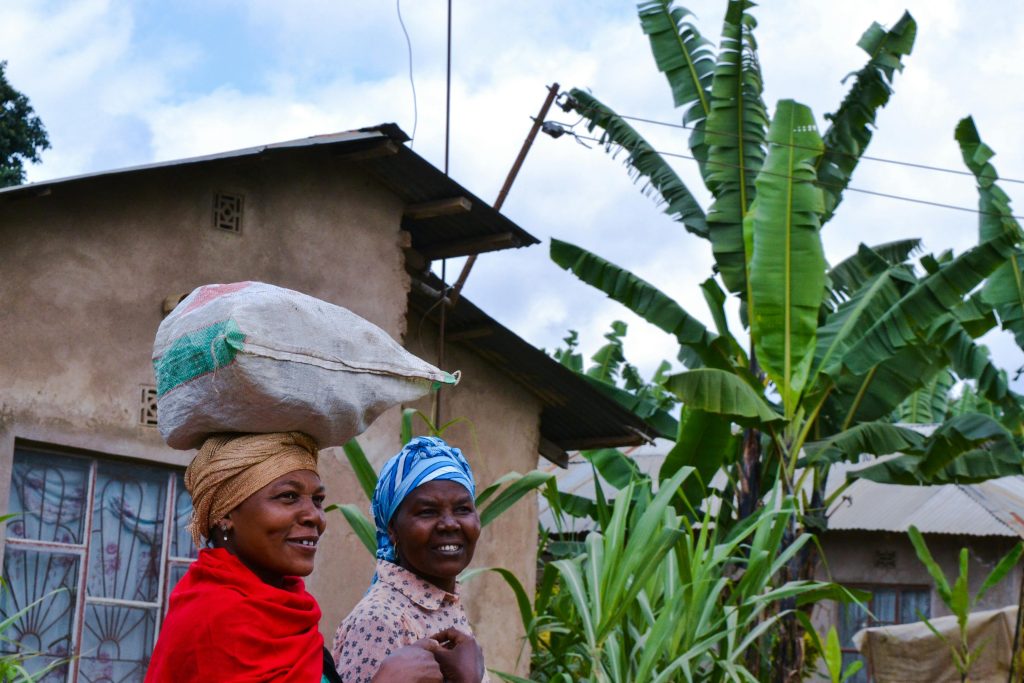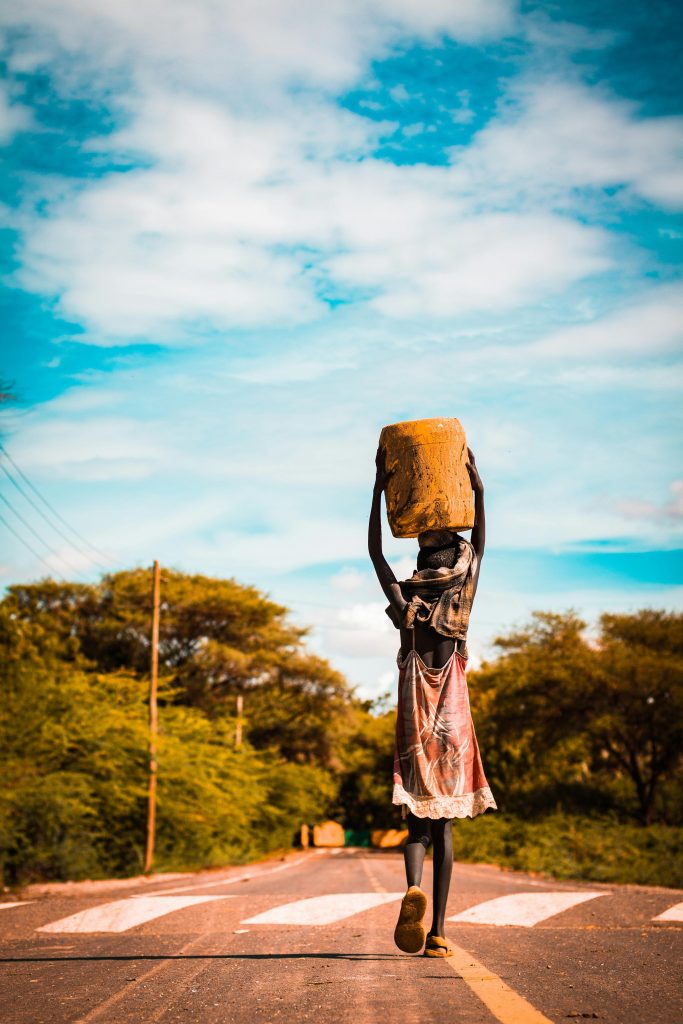
MiCASP Project Objectives and Results
Background to the MiCASP project
The Migration, Climate Change and Social Protection in Ethiopia (MiCASP) project received Irish Research Council COALESCE funding in 2021 to advance understanding of how climate change affects human migration of different categories of rural people in two regions of Ethiopia and investigate the role of social protection in climate change adaptation.
The effects of climate change on human migration are insufficiently researched, yet environmental change, and in particular climate change, is increasingly recognised as a driver of human migration. More research is required on who is left behind, who is migrating and why, to understand direct and indirect linkages between migration and climate change. Climate change adaptation measures are needed for living with climate change. Social protection can play a role in strengthening the resilience of potential migrants to climate change, or support migrants at their destination to establish their livelihoods. In view of Ethiopia’s vulnerability to climate change, its growing migration figures and the established government/donor investment in the national social protection programme,the MiCASP project analyses the linkages between climate change, migration and social protection in two regions of Ethiopia, namely Amhara Region and SNNPR.
Using focus group discussions, surveys, and keynote interviews, plus a review of policy instruments, the linkages between migration, climate change, adaptation and social protection are investigated. The Productive Safety Nets Programme in Ethiopia (PSNP) is a focal policy instrument for this research to determine which populations it reaches in the two research areas of Ethiopia and its significance regarding climate change adaptation and/or decisions to migrate.
The research adds to the limited literature available on social protection as a climate adaptation strategy and investigates how social protection programming can reduce vulnerability by de-risking climate change impacts. The project elaborates what options and actions can be taken to enhance the impact of social protection as a climate change adaptation measure. Primary research has generated results on migration dynamics, adaptation and resilience strategies, access to social protection and rural peoples’ perspectives on climate change. The research aims to inform policies and strategies for climate change adaptation, including the design of effective social protection strategies that can influence human mobility decisions.

Objectives
The Research Aim is to produce evidence on climate, migration and social protection linkages to inform social protection policy options and actions for improving the wellbeing of migrants and strengthening climate change resilience of rural communities who migrate.
The Research Objectives are threefold:
Objective 1: To investigate how rural agricultural households (male/female; youth/ older) affected by climate change view migration as an adaptation strategy and how they cope with forced mobilities and immobility due to climate shocks. We will categorise lessons learned from social protection measures put in place to respond COVID-19 that can be transferred to climate-related shocks.
Objective 2: To investigate how climate change is influencing decisions to migrate in two regions of Ethiopia (three districts of lowland Wollo, Waghimra and Wolayta zones), what measures (social protection, remittances) support migration, and the possible role for social protection as an adaptation measure in these districts or in initial migration destinations.
Objective 3: To investigate how policy, institutions and national strategies at the migration, climate change and poverty nexus can enable social protection to better strengthen the climate change resilience of migrants.
Research group publications
(Forthcoming)
- Ncube, T., & Murray, U. (2025). Managing two locations: Relocation, resettlement and negotiated immobility of climate-displaced communities in Zimbabwe.
- Ncube T, Murray U. (2025). Using design thinking and community development principles to optimise the interaction between informal and formal social protection systems.
- Ncube, T., Zualii, L., Murray, U., Nguyen, N., Liebig, T., Krendelsberger, A., Pacillo, G., Mckeown, P.C., Läderach, P., Spillane, C. (2024). Understanding the climate, migration, social protection nexus from a youth mobility dimension: can social protection address the drivers of climigration?
- Huber, J., & Murray, U. (2024). Turning climate justice into practice? Channeling loss and damage funding through national social protection systems in climate-vulnerable countries.
- Ncube, T., & Murray, U. (2024). Reflections on government-led social assistance programmes under Zimbabwe’s National Social Protection Policy Framework: A social contract lens.
- Ncube, T., Murray, U., Dennehy, D. (2023). Digitalising Social Protection Systems for Achieving the Sustainable Development Goals: Insights from Zimbabwe.
- Silchenko, D., & Murray, U. (2022). Migration and climate change – The role of social protection.
- Ncube, T., Smith, D., Admasu, Y., Mengiste, T.A., Mamo, B.G. & Murray, U. Enabling Capabilities? The Role of Social Capital in Human Mobility in Ethiopia.
